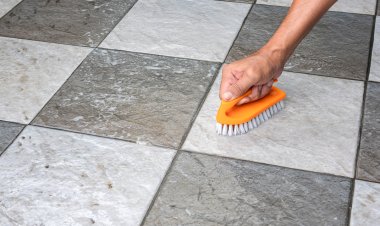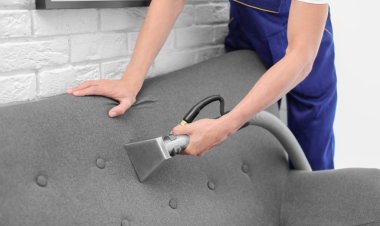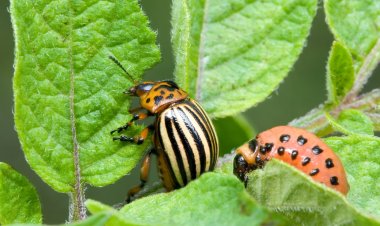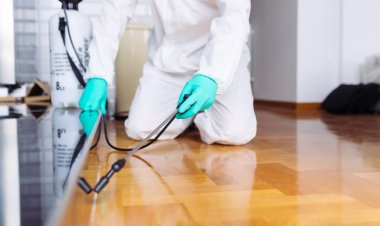Things You Need To Know About Fleas And Harms They Can Cause
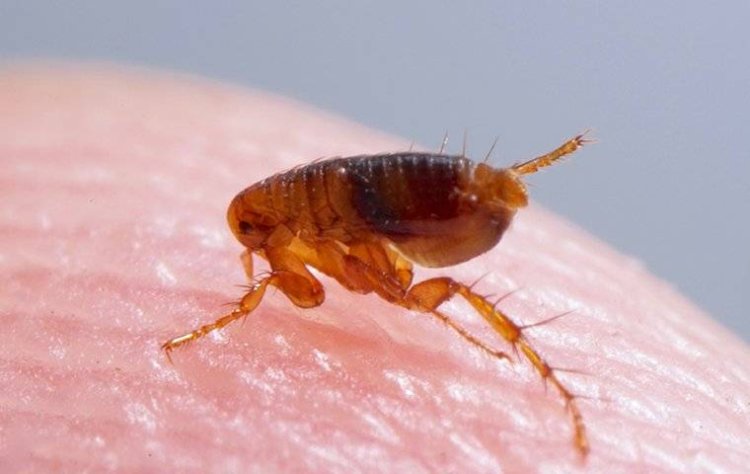
If you ever notice a tiny insect jumping inside your home or garden then you need to be alert because it could be a sign of flea infestations. Fleas hop and feed on the blood of animals and birds. Fleas can spread infection through their bites. Research has proved that there are more than 2,000 species of fleas all across the world. Like ticks, fleas need blood to survive hence, they can feed on you anytime, however, you will feel a sensation of pain when they will bite you. Hence, flea extermination becomes vital.
Here are The Things That You Need To Know About Fleas
- Throughout the sunnier months, from Springtime to Autumn, fleas are always seen outdoors on native mammals and are therefore seen on the hedge and plants in the area.
- Fleas cannot fly and survive by engulfing the blood of people and animals.
- Your pets are the favourite host for fleas.
- Fleas can be exterminated by the frozen weather or will sprawl quiescent until sunny weather occurs.
- The average lifespan of a flea is last about 100 days, however, fleas' lifespans can be somewhat inconsistent.
- Fleas cannot persist in extremely hot temperatures.
Harms That Flea Cause
- In some unsafe pets, the flea bite will cause redness, ticklishness, scratching and hair loss.
- Flea bites can also cause weight loss in your pets.
- Flea bites can cause hair damage and rare etchings.
- Fleas can attack people but don't dwell on people's skin or fur. Several infections can be transmitted by fleas and disseminated to people, such as epidemic and cat scar illnesses.
- The most popular flea-spread virus is the Bubonic plague.
How To Get Rid Of Fleas?
Getting rid of fleas can be a challenging task, but with a systematic approach, you can effectively eliminate them. Here are some steps you can take to get rid of fleas:
- Treat your pets: Start by treating your pets for fleas. Consult with your veterinarian to determine the most appropriate flea treatment for your pets, such as topical treatments, oral medications, or flea collars. Follow the instructions carefully and treat all pets in your household.
- Vacuum thoroughly: Vacuum all carpets, rugs, upholstery, and any other areas where fleas may be present. Pay special attention to areas where your pets spend most of their time. Vacuuming helps remove flea eggs, larvae, and pupae, reducing the population. After vacuuming, seal the vacuum bag or empty the canister outside to prevent fleas from reinfesting your home.
- Wash bedding and fabrics: Wash all pet bedding, blankets, and any other fabrics your pets come into contact with in hot water. This helps kill any fleas, eggs, or larvae present. Dry them on high heat, as fleas are sensitive to heat.
- Use flea treatments for your home: There are various flea control products available for treating your home. Look for flea sprays, powders, or foggers that contain ingredients like pyrethrin or insect growth regulators (IGRs). Follow the instructions on the product carefully, and treat all areas where fleas may be hiding, including carpets, upholstery, cracks, and crevices.
- Pay attention to outdoor areas: Fleas can also be present in outdoor areas, especially if your pets spend time there. Keep your yard well-maintained by regularly mowing the lawn, trimming vegetation, and removing debris where fleas might hide. Consider using outdoor flea control products, such as sprays or granules, to treat your yard.
- Prevent reinfestation: Once you have eliminated the fleas, it's crucial to prevent re-infestation. Continue to use flea prevention products on your pets as recommended by your veterinarian. Regularly vacuum and wash bedding to keep your home clean. Additionally, you can use preventive measures like flea collars or monthly topical treatments to keep fleas away from your pets.
If the flea infestation persists despite your efforts, it's advisable to consult a professional pest control service to assess the situation and provide targeted treatments.
Read More: 5 Chemical Treatments You Can Try At Home To Control Pests.
 drseervi
drseervi 








